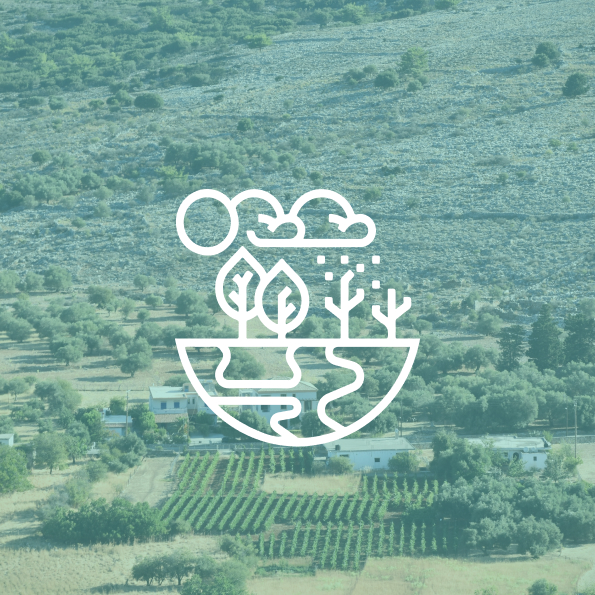Deep dive on the Danish Green Transition - ELO General Assembly in Copenhagen
Author: Kyia KANANI, Policy Assistant, ELO
Denmark last year introduced the first agricultural emission tax in Europe, a compelling benchmark in Europe’s green transition. Against this backdrop, and ahead of the Denmark rotating Presidency of the Council of the EU for the second half of 2025, the European Landowners’ Organization (ELO) General Assembly convened in Copenhagen to examine the links between agriculture, climate policy, and rural innovation. The exchange with Minister Jeppe BRUUS outlined Denmark’s environmental strategy, while discussions addressed EU policy gaps, trade tensions, soil health, carbon credits, and forestry regulations highlighting the need for inclusive, evidence-based climate action.
Guest Speaker: Jeppe BRUUS, Minister for Green Transition, Denmark
A highlight of the ELO General Assembly (GA) was the keynote address by Jeppe BRUUS, Denmark’s Minister for Green Transition. He outlined Denmark’s ambitious climate strategy, notably their 70% emissions reduction target by 2030 – currently at 54%, exceeding their mid-term goal.
Minister BRUUS emphasized integrating environmental goals with economic policy. He gave the example of negotiating with concrete producers to reduce emissions through co-financed CSR efforts, avoiding punitive measures that might drive businesses abroad. Top priorities include water quality improvement, peatland restoration, and a 40% increase in forested areas for biodiversity.
He explained Denmark’s success in building consensus on green policy. He highlighted that other sectors’ early environmental commitments set a standard that made it easier to bring agriculture on board. Furthermore he emphasized that Denmark’s landmark agricultural emissions tax, the first of its kind in Europe, also has a 60% discount for farmers investing in green practices, showcasing the Danish goal of developing a cooperative model for environmental consensus.
A key point was that all tax revenue is reinvested in agriculture and environmental initiatives. Denmark also created a fund to help swap robust land from retiring farmers with more polluting farms with active farmers, directly encouraging more sustainable practices. The country’s 2045 net-zero target underpins this long-term vision.
Key Policy and Strategic Priorities
Thierry de L’ESCAILLE, ELO Executive President and Jurgen TACK, ELO Secretary General moderated an exchange among others about raising concerns of the EU’s slow biotech approval process seen as an obstacle to modern, sustainable agriculture. It was followed by an exchange on the tense EU-Mercosur free trade agreement, arguing that while meat imports may rise only marginally, Brazil’s advanced sugar production technologies pose real competition.
Other issues included the future role of the pilot EU Land Observatory which should be launched in a few weeks time. Soil Health and Nature Credits were also high on the agenda, stressing that CAP reforms should reward farmers contributing to productivity and sustainability – as they are the ones who deserve it.
Wildlife Estates Labels
Among ELO’s priority actions an emphasis was given to the Wildlife Estate Label (WEL) which has been gaining popularity as a tool to recognize conservation on private land. Being a voluntary network of exemplary estates committed to sustainable land use and wildlife management practices, it covers more than 2 million hectares with over 580 estates spanning 19 countries and continues to grow steadily.
The next ELO GA will take place in Brussels on December 2, followed by the first edition of the conference on “Innovative by Nature” on December 3.


